PhD position at Temple University
We have a graduate student opening (PhD) for studying sustainable engineering solutions to lower the environmental and economic cost of solar energy development by providing novel analysis methodologies and field data on solar energy – agriculture colocation approaches from multiple sites. The project will create research, educational and public outreach opportunities related to environmental sustainability by – training graduate students with novel tools and analysis, creating test sites for technology demonstrations of sustainable solutions, providing opportunities for public outreach, science communication and teaching (including international), and broadening participation of underrepresented groups.
The student will be advised by Sujith Ravi (Temple University, PA https://sites.temple.edu/ravi/home/). Learn more about our work on colocation of solar energy and agriculture: Ravi et al 2012, 2014, 2016, Choi et al, 2020, 2021, Bertel et al 2021, Towner et al 2021.
Master’s degree in geology, hydrology/water resources, civil or environmental engineering is preferred. The graduate student will be fully funded by research and/or teaching assistantships. Experience or interest in quantitative data analysis, sensor networks, science education/outreach activities is preferred.
Temple University is a comprehensive public research university located in Philadelphia, PA. Temple University is a dynamic urban university with around 40,000 students and provides one of the nation’s most comprehensive and diverse learning environments. Temple is classified as a university with the highest research activity (R1) and is ranked by the National Science Foundation as among the top 100 universities in the country for research expenditures. More information about our department is available at http://www.temple.edu/geology/ .
For more information contact Sujith Ravi, Associate Professor, Department of Earth & Environmental Sciences, Temple University, Philadelphia, PA (sravi@temple.edu).


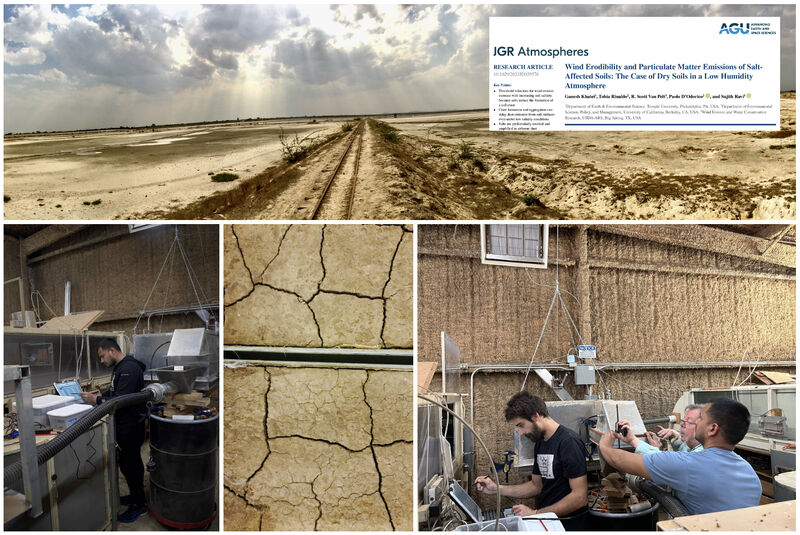

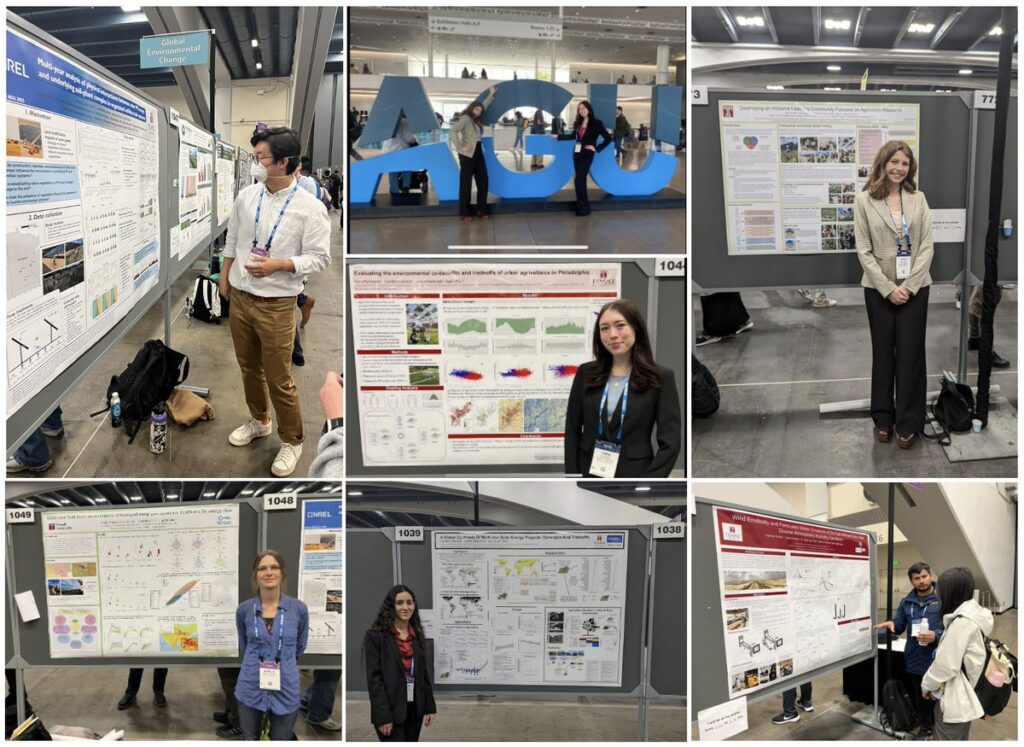
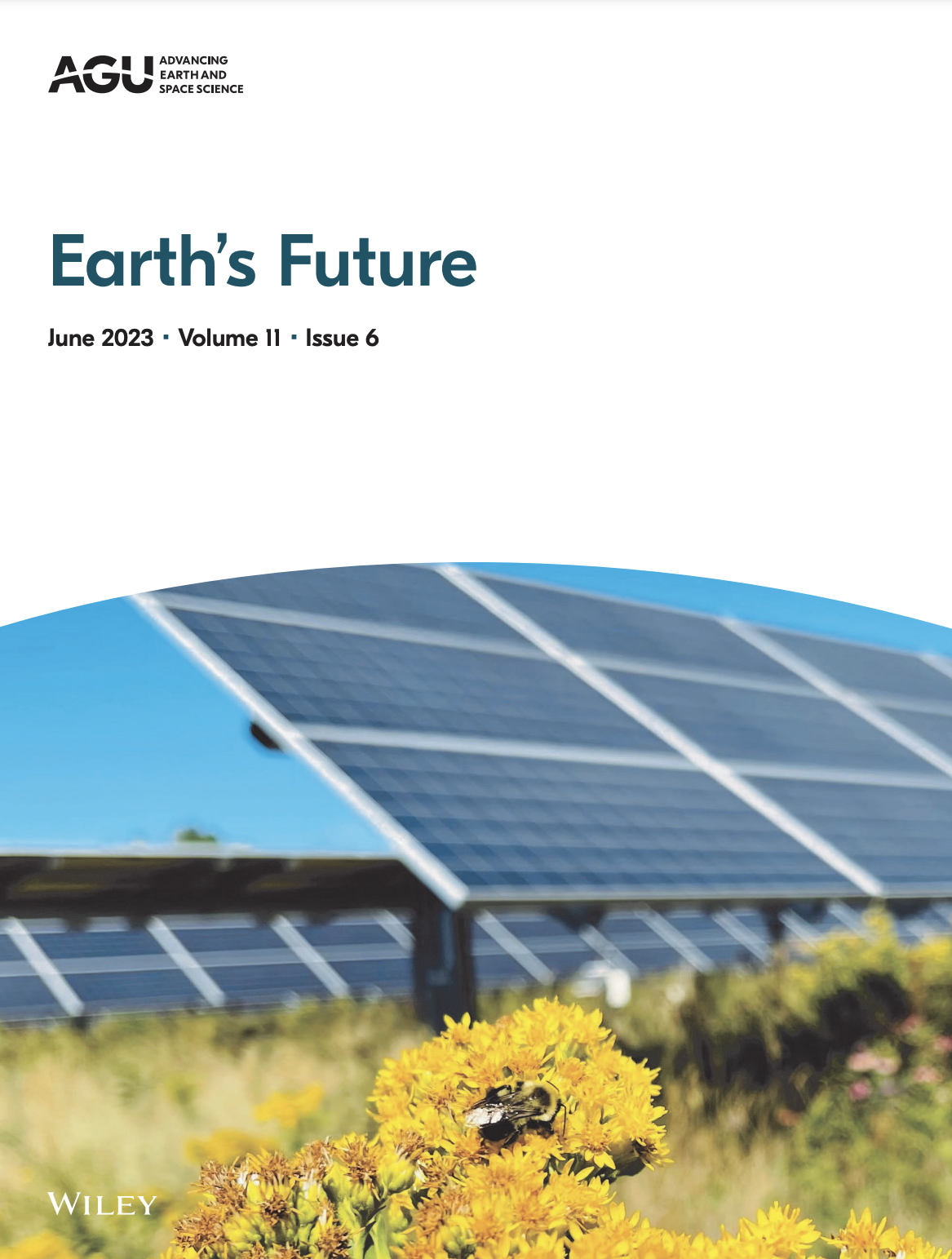
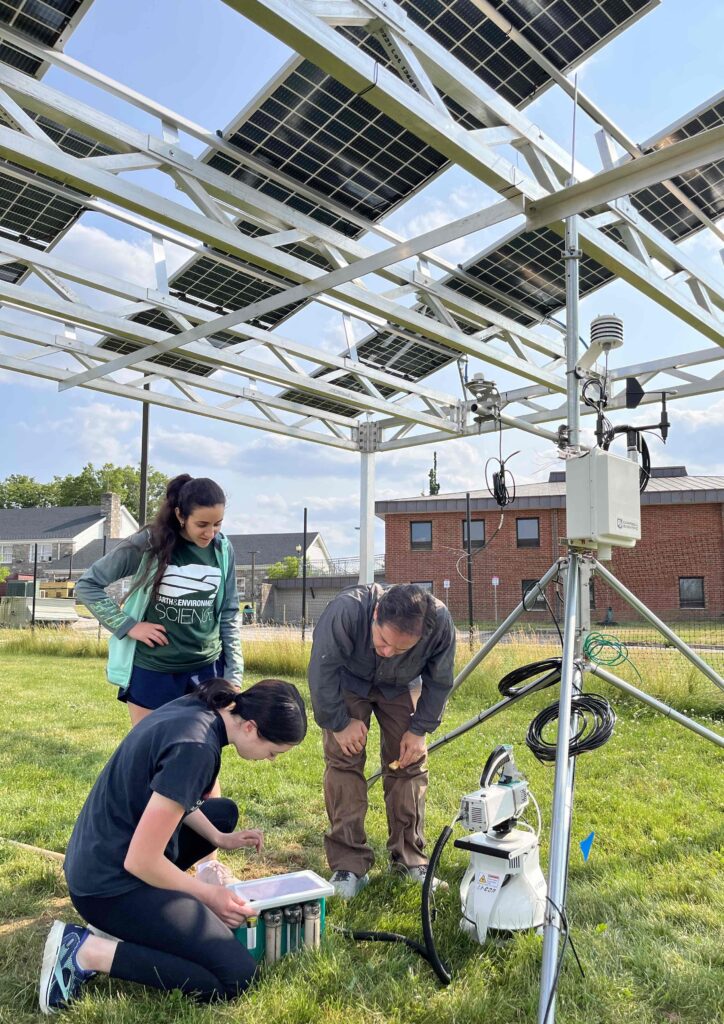
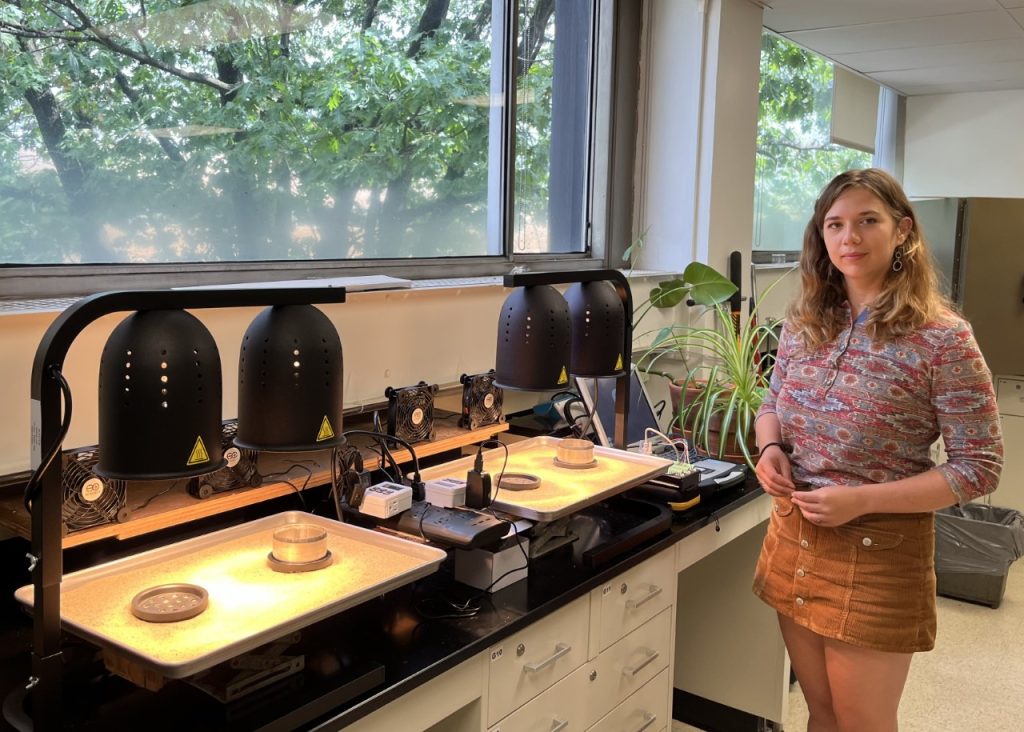
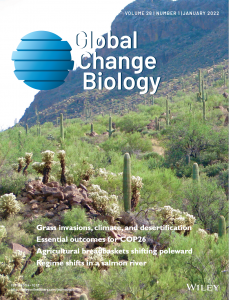
You must be logged in to post a comment.